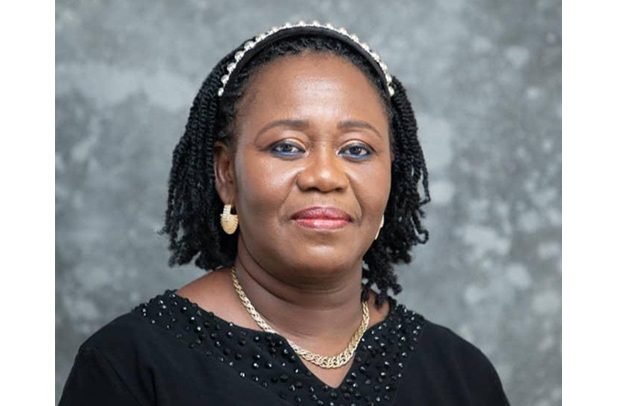Chief Justice Gertrude Torkornoo, has advocated for financial independence of the Judiciary as the lack of it was negatively affecting the work of the judiciary and, ultimately, justice delivery in Ghana.
According to her, although the financial independence of the Judiciary was guaranteed by the 1992 Constitution, the service has never had control over its financial administration.
“How can we be an independent arm of government if we do not have control over our finances? Is the constitutionally guaranteed institutional independence of the judiciary only a mirage?” Justice Torkornoo pondered.
The Chief Justice was speaking at the opening ceremony of the annual conference of the Association of Magistrates and Judges of Ghana (AMJG) in Accra.
Justice Torkornoo in a keynote address also queried whether “the institutional independence of the Judiciary [can] be asserted when we need clearance to engage staff, clearance to access money generated from court services, and clearance to procure any asset to do our work?” she queried.
She said inadequate financing and the lack of financial autonomy had been thorny issues that had bedeviled the judiciary way before she joined the bench as a Justice of the High Court in 2004.
Justice Torkornoo, however, promised that she would make the quest for financial independence of the judiciary a cornerstone of her administration as part of her overall vision to build a modernised judiciary to better serve the people of the country.
AG’s Concerns
Attorney General and Minister for Justice, Godfred Yeboah Dame, also observed that although the Constitution was explicit in guaranteeing financial autonomy for the judiciary, its implementation had been fraught with challenges due to budgetary constraints which affected other institutions of state.
“As Minister of Justice, I undertake to ensure that the estimates of the administrative expenses of the Judiciary duly presented are duly protected and satisfied by the state, but this, of course, is subject to budgetary constraints,” he said.
He, however, pointed out that the government, through the District Assemblies Common Fund, had invested heavily in improving the infrastructure of the judiciary by constructing 100 courthouses and 121 residential units for the judiciary across the country.
Mr. Dame also disclosed that the 12-storey Law House Complex, which would accommodate the Office of the Attorney General, would be completed and inaugurated by the end of this year.
JUSAG Proposal
The Judicial Service Staff Association of Ghana (JUSAG) has proposed the retention of 70% instead of 30% on non-taxed internally generated funds by the Judicial Service.
This, the association believes would help the Judiciary in its quest to be financially independent as envisaged by the 1992 Constitution.
Samuel Afotey Otu, President of JUSAG who made the proposal also declared the association’s backing for calls by the Magistrates and Judges in the country for financial independence of the Judiciary.
This according to JUSAG, is because, an independent judiciary will ensure that judges can operate without any external interference or influence.
“Indeed, a financially independent and accountable Judiciary is crucial for effective justice delivery in Ghana”, he explained.
“This is because an independent Judiciary ensures that Judges can operate without any external interference or influence, allowing them to make impartial decisions based on the law and the evidence presented”, the JUSAG President noted.
Mr. Otu also indicated that a separate budgetary allocation from the government, will prevent financial dependence on the executive and allow the Judiciary to allocate funds according to its own requirement.
In a proposal to the AMJG, JUSAG stated that, an increase in the retention of the non-tax revenue from 30% to 70% will support the cause.
By Gibril Abdul Razak


